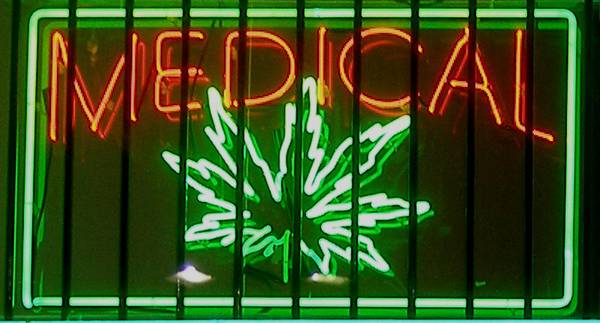Medicinal Marijuana Should Be Researched, Not Legalised
 Media Release 8 May 2015
Media Release 8 May 2015
Family First NZ says that medicinal marijuana should not be legalised, but is calling for further research into the components of the marijuana plant for delivery via non-smoked forms.
“NZ’ers need to be aware of the smoke-screen of ‘medicinal marijuana’. The strategy of groups who want dope legalised is to promote medicinal marijuana which simply manipulates society’s compassion for people with serious pain and health concerns. But marijuana will then be diverted from medical programs to ‘recreational’ purposes,” says Bob McCoskrie, National Director of Family First NZ.
Dr. Christian Thurstone, a psychiatrist and associate professor of psychiatry at the University of Colorado and medical director of one of that state’s largest adolescent substance-abuse-treatment programs, said: “In the absence of credible data, this debate is being dominated by bad science and misinformation from people interested in using medical marijuana as a step to legalisation for recreational use.”
In 1979, NORML said “We’ll use medical marijuana as red-herring to give marijuana a good name”. In 1996 when California foolishly approved medicinal marijuana, NORML said “marijuana has been de facto legalised under guise of medical marijuana”. But a US study found that the average ‘patient’ was a 32-year-old white male with a history of drug and alcohol abuse and no history of life threatening illness. A 2011 study that examined 1,655 applicants in California who sought a physician’s recommendation for medical marijuana found that very few had cancer, HIV/AIDS, glaucoma or multiple sclerosis.
The American Medical Association, the American Society of Addiction Medicines, the American Cancer Society, the American Glaucoma Society and the American Academy of Pediatrics all report finding no documented medical value in marijuana. The British Medical Association asserts that marijuana use increases health risks.
Similarly, the US FDA has stated that “no sound scientific studies supported the medical use of marijuana for treatment in the United States and no animal or human data supported the safety or efficacy of marijuana for general medical use. There are alternative FDA-approved medications in existence for treatment of many of the proposed uses of smoked marijuana.”[1]
“Scientists have used the marijuana plant’s primary active ingredient – THC – as a pill form for nausea and appetite stimulation. It may be that there can be the development of non-smoked rapid-onset cannabinoid delivery systems. But this should be decided on the basis of thorough clinical trials, as recommended by the US Institute of Medicine.[2] We support the NZ government’s caution around this issue,” says Mr McCoskrie.
Family First is calling for the following:
- the expansion of research into the components of the marijuana plant for delivery via non-smoked forms. (Supported by NZMA)
- the establishment of an emergency or research program that allows seriously ill patients to obtain non-smoked components of marijuana before final Ministry of Health approval.
- the Government instruct the Ministry of Health to update the prescribing guidelines for pharmaceutically based THC derivative medicines to include Sativex as a medicine under the Medicines Act 1981 and to continue to make pharmaceutically based THC derivative medicines available to treat serious medical conditions when traditional methods have failed.
ENDS
[1] See DOJ, DEA, “Lyle E. Craker; Denial of Application,” 74 Fed. Reg. 2101, 2104 (Jan. 14, 2009).
[2] Joy JE et al., Marijuana and Medicine: Assessing the Science Base. Division of Neuroscience and Behavioral
Health. Institute of Medicine. Washington DC, National Academy Press, 1999,






